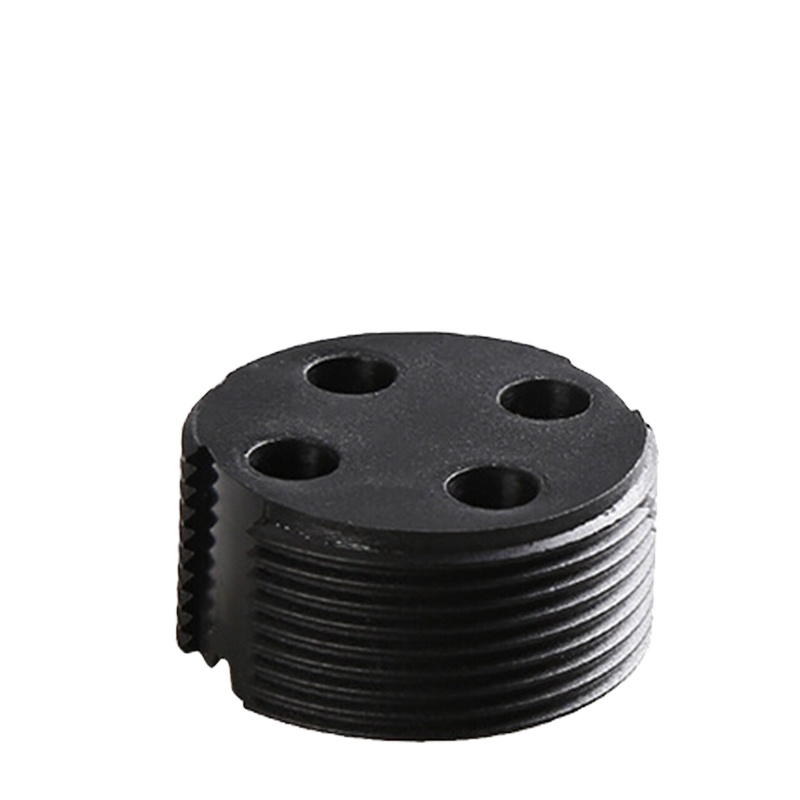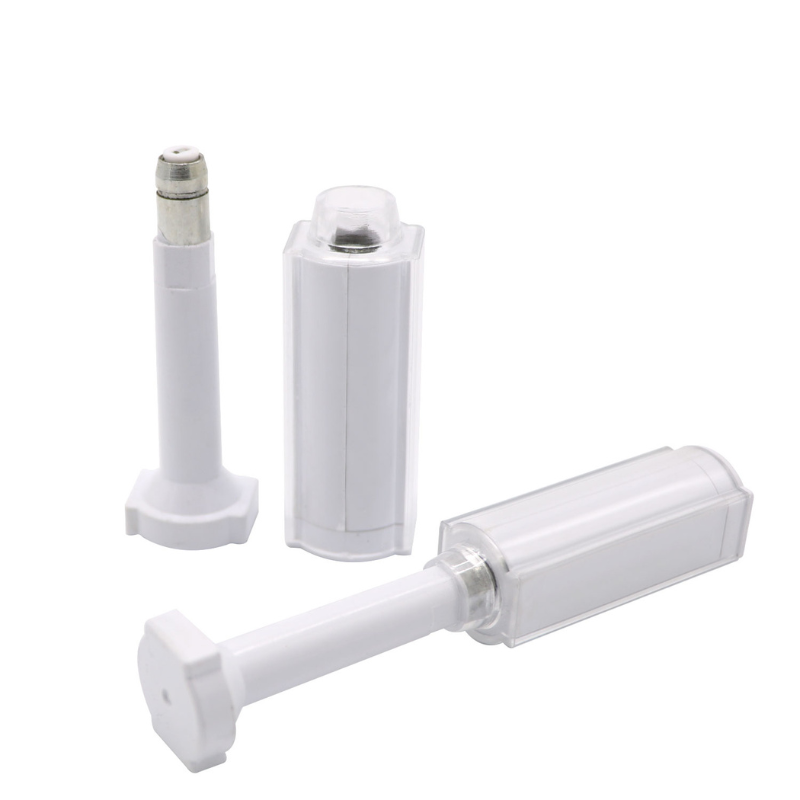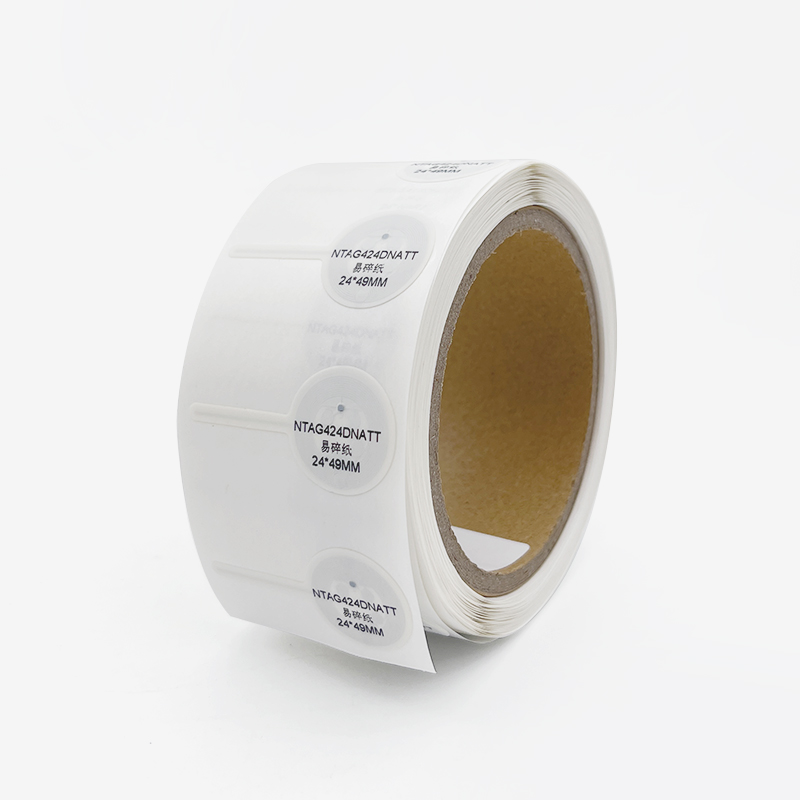
Returnable Transit Items RFID Solutions: Enhancing Logistics and Asset Tracking
Table of Contents
Overview of RFID Solutions for RTI Management
These RTIs, including reusable totes, pallets, and containers, provide a sustainable and efficient solution for industries such as manufacturing, food processing, distribution, and retail. By integrating RFID technology, companies can achieve greater visibility, accuracy, and efficiency in their logistics operations.
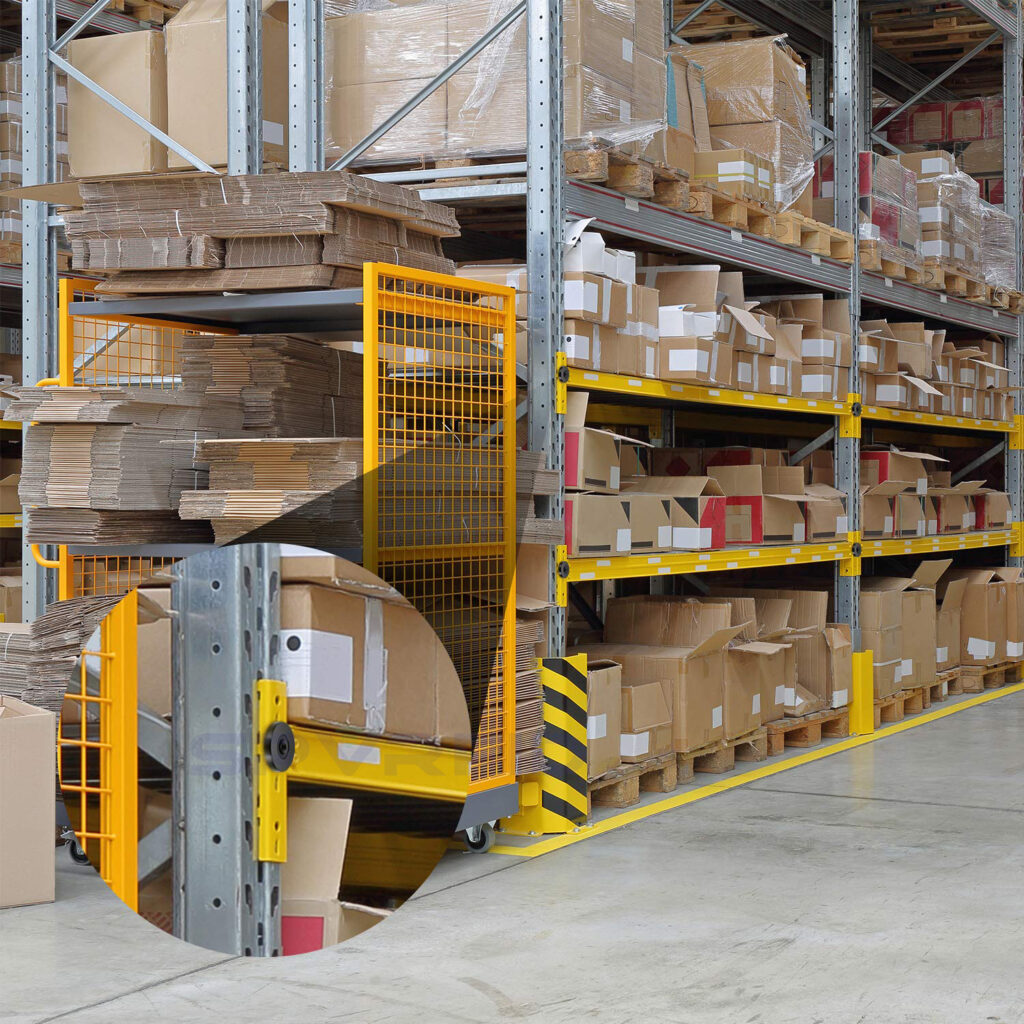
RFID Solutions for Industrial and Retail Applications
RFID Solutions for RTI in Logistics
The implementation of RFID solutions for RTIs allows seamless tracking of containers throughout the entire supply chain. RFID tags, attached to reusable containers, enable automated tracking with minimal human intervention. This approach enhances the speed and accuracy of order fulfillment, reduces manual handling, and minimizes the need for additional identification labels.
For example, in the UK, RFID-tagged beer kegs have been successfully used to track shipments, monitor freshness, and optimize the return and reuse cycle. This application not only ensures timely and accurate deliveries but also improves customer satisfaction by offering fresher products.

Benefits of RFID Solutions in Distribution Centers
Distribution centers are increasingly adopting RFID technology to manage RTIs. By equipping shipping containers with RFID tags, operators can track and monitor partial finished goods as part of the Work in Process (WIP) within a plant or across multiple locations. This technology streamlines operations, reduces packaging waste, and minimizes material stocks.
Potential Areas for RFID-Equipped RTIs
RFID Solutions for Industrial Tracking
- Distribution Center to Retail Fulfillment: Ensures accurate and efficient delivery of goods to retailers.
- Materials Flow Management: Enhances tracking and management of materials across the supply chain.
- Parts Tracking: Improves visibility and traceability of components in manufacturing processes.
- CKD Packaging: Optimizes the handling of Completely Knocked Down (CKD) packaging for assembly.
- Truck Tracking: Facilitates real-time tracking of trucks and goods in transit.
Advantages of RTI with RFID Technology
The integration of RFID technology with RTIs offers numerous advantages, including:
Benefits of RTI with RFID | Description |
Reduction of Packaging | Minimizes the need for disposable packaging materials. |
Automated Scanning | Reduces manual handling and scanning processes. |
Elimination of Labels | Eliminates the need for attaching new identification labels. |
Inventory Optimization | Reduces material stocks and improves inventory management. |
Enhanced Visibility | Provides real-time tracking and monitoring of assets. |
Conclusion: The Future of RFID Solutions in RTI Management
As industries continue to seek innovative ways to enhance their logistics and asset tracking, RFID solutions for Returnable Transit Items are becoming indispensable. By reducing packaging waste, streamlining operations, and improving visibility, RFID-equipped RTIs offer a sustainable and cost-effective solution for modern supply chains. Embracing this technology will enable businesses to stay competitive while meeting the demands of a dynamic market.
Comments
Hot Products
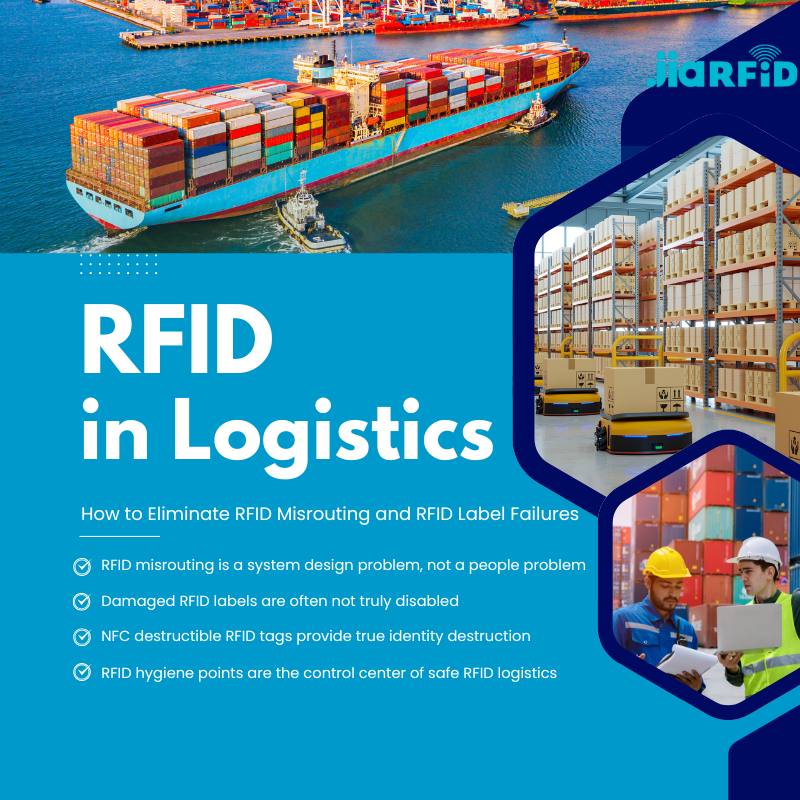
RFID in Logistics: How to Eliminate RFID Misrouting and RFID Label Failures
RFID in logistics is more than just a tool to speed up processes. It has become a key part of how modern supply chains operate.
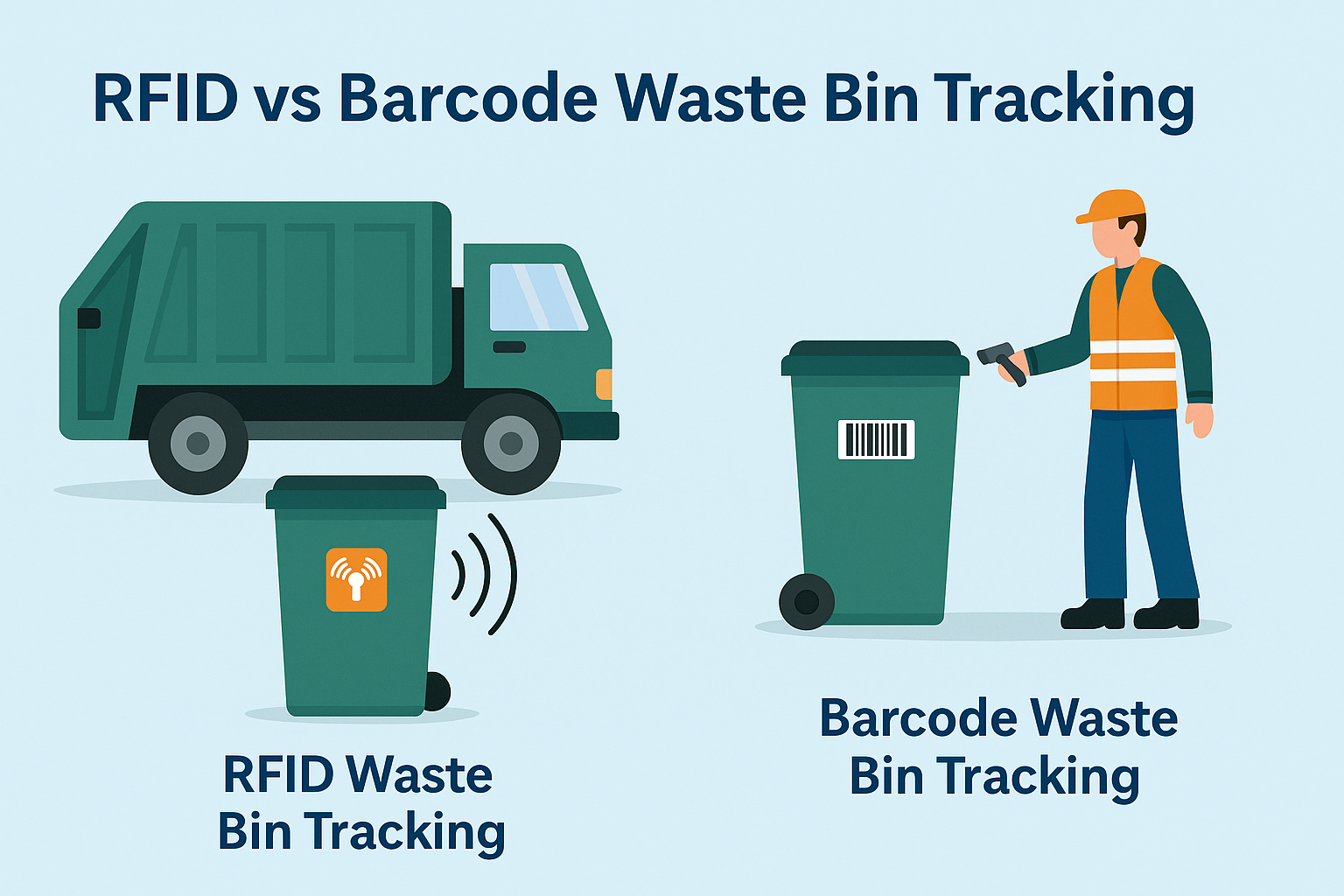
What Is RFID Waste Management
Imagine a city where every trash bin speaks — not literally — but through a tiny chip that tells the system when it’s full, when it’s emptied, and where it went. That’s what RFID waste management is doing today.
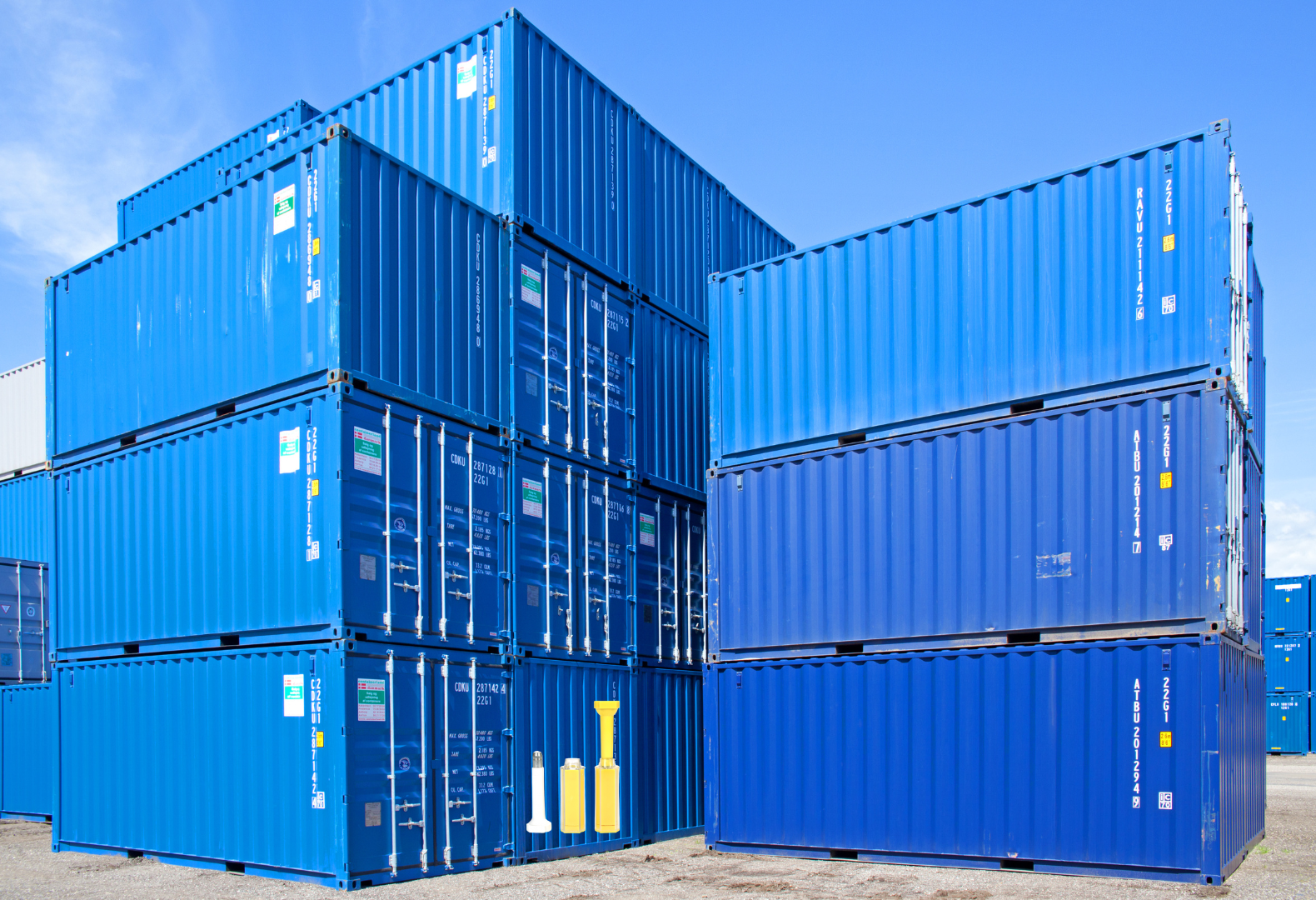
What are Bolt Seals and their Applications? | Complete Guide
In global trade and logistics, bolt seals play a crucial role in ensuring cargo security and compliance. These small but powerful devices are designed to lock shipping containers, trailers, and cargo doors with a tamper-evident mechanism.
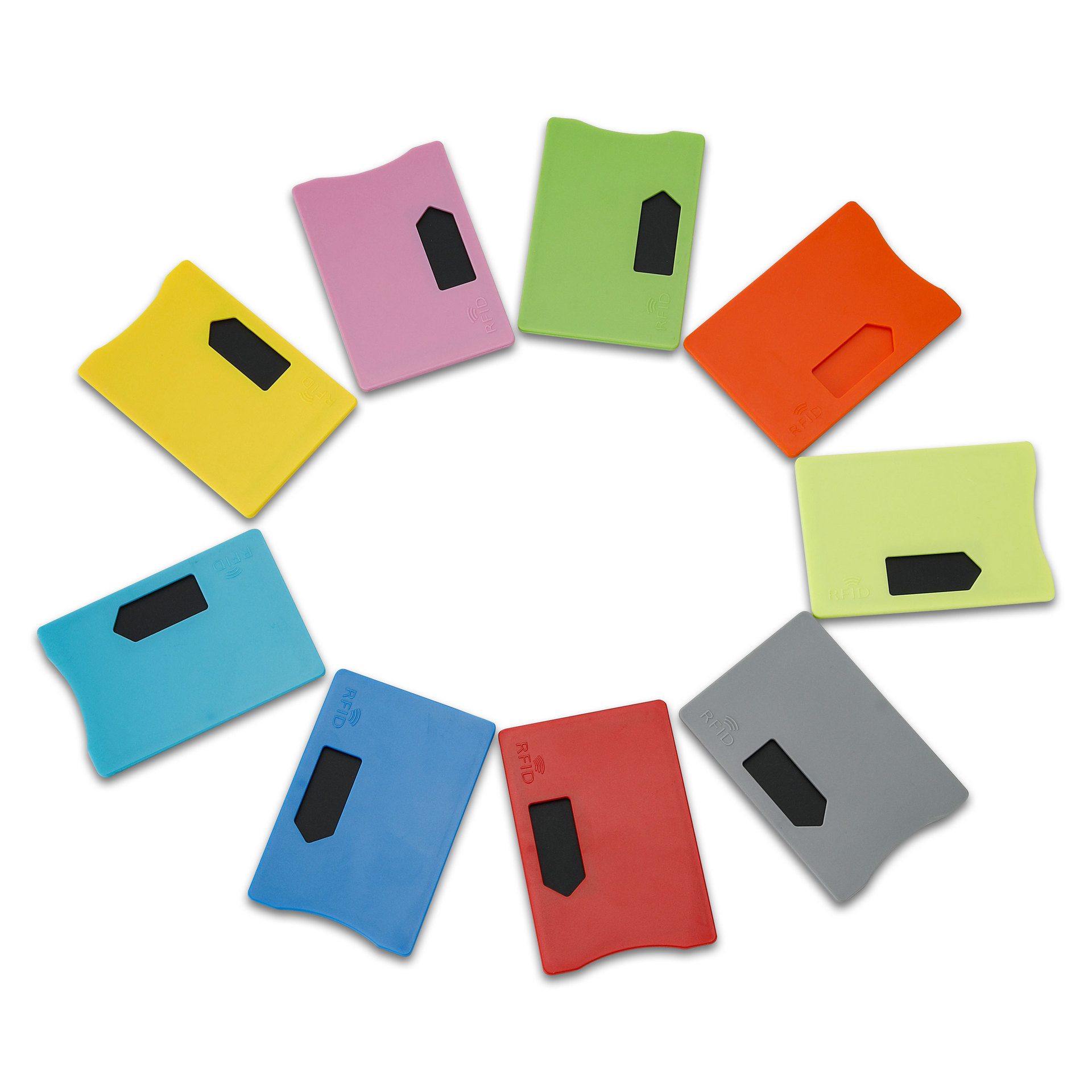
What is an RFID Card Protector? Benefits, Use Cases, and Buying Guide
RFID technology (Radio Frequency Identification) is everywhere: in your credit cards, ID badges, transit passes, hotel room keys, and more. It offers speed and convenience, but it also opens the door to a new kind of digital theft called “skimming.” That’s where an RFID card protector comes in.

RFID Wristbands for Events: Bulk Buying Guide for Organizers
RFID wristbands for events are becoming the go-to solution for organizers who need faster entry, fraud prevention, and cashless payments at concerts, festivals, and sports venues. Unlike paper tickets or QR codes, these smart wristbands use embedded chips to streamline access, secure transactions, and improve the guest experience.
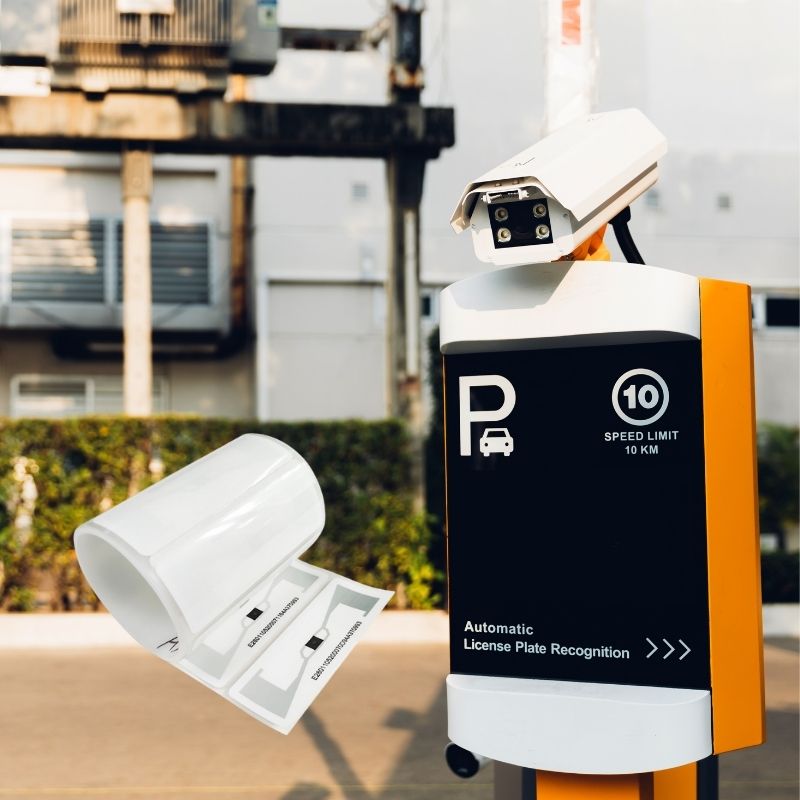
How RFID Tag on Windscreen Improves Vehicle Access Control and Toll Systems
In today’s fast-paced world, vehicle identification needs to be quick, secure, and contactless. An RFID Tag on the Windscreen provides exactly that — a reliable way to manage toll collection, parking, and gated access without stopping vehicles.
Tags
RELATED BLOGS

RFID in Logistics: How to Eliminate RFID Misrouting and RFID Label Failures
RFID in logistics is more than just a tool to speed up processes. It has become a key part of how modern supply chains operate.

What Is RFID Waste Management
Imagine a city where every trash bin speaks — not literally — but through a tiny chip that tells the system when it’s full, when it’s emptied, and where it went. That’s what RFID waste management is doing today.

What are Bolt Seals and their Applications? | Complete Guide
In global trade and logistics, bolt seals play a crucial role in ensuring cargo security and compliance. These small but powerful devices are designed to lock shipping containers, trailers, and cargo doors with a tamper-evident mechanism.


